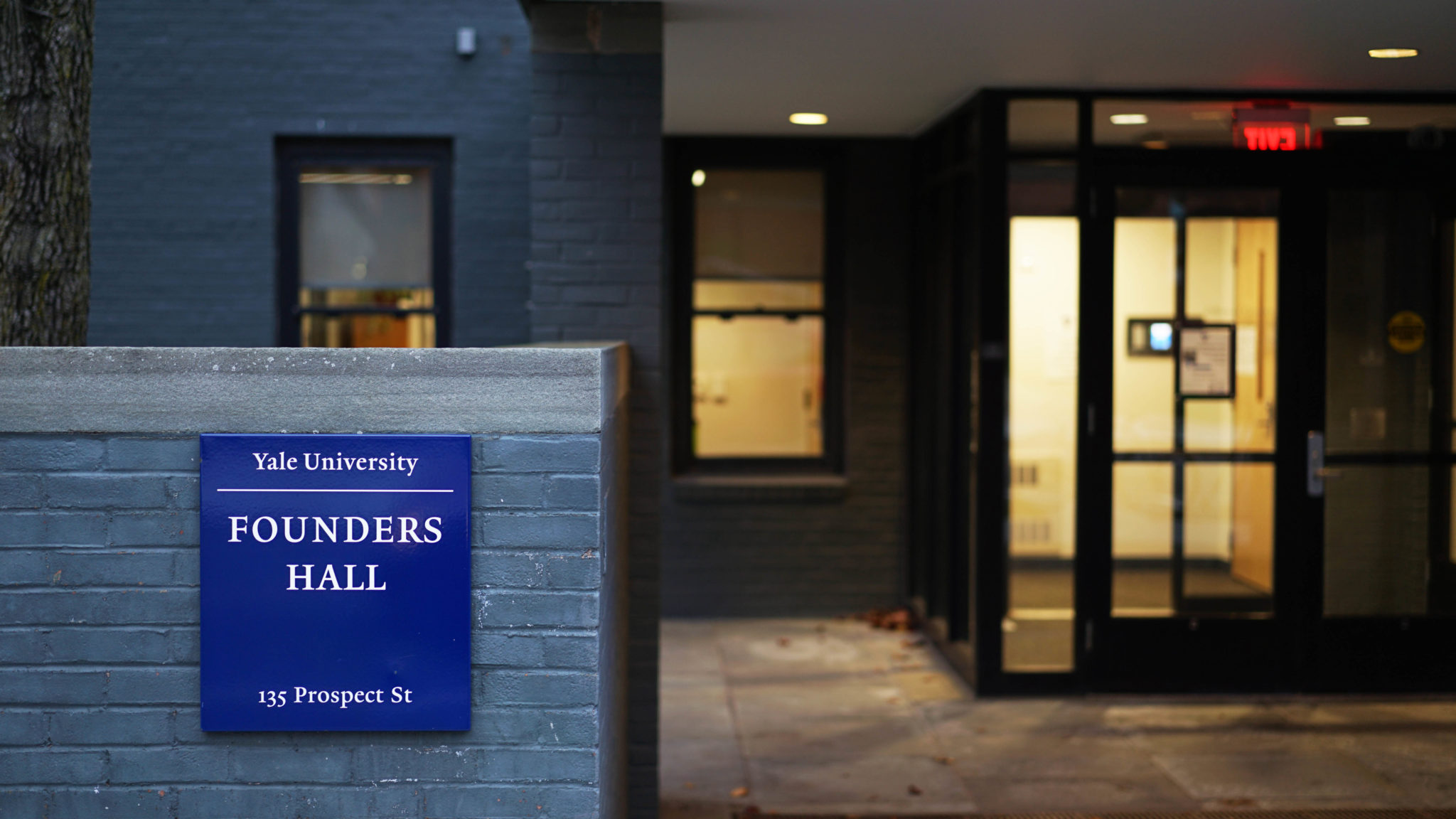
Ling Gao
The Faculty of Arts and Sciences has created a committee to recommend systems for tracking how faculty use their time across the FAS in response to a recent report finding that women serve more frequently on University committees than their male counterparts.
Dean of the Faculty of Arts and Sciences Tamar Gendler wrote in an email to the FAS faculty on Monday that the new committee will recommend ways to improve data collection regarding faculty activity within the FAS. Gendler wrote that better tools for gathering this information “will help us to acknowledge and adapt the distribution of responsibilities across our faculty.”
“Though some universities have begun to look at the question of distribution of responsibilities across faculty, there is surprisingly little data on this question. I would like Yale to be a leader on this issue, and I am delighted that a group of our colleagues have agreed to take on this important project,” Gendler told the News.
The announcement comes months after the October release of the Committee on the Economic Status of the Faculty report calling for University action to study faculty responsibilities across the FAS. In the report, the committee found that women and tenured faculty members tended to serve more frequently on University committees.
According to the findings, full professors, despite comprising 39 percent of FAS faculty, comprised 69 percent of FAS faculty members who serve on University committees from 2013 to 2017. The report also revealed that female full professors, associate professors with tenure, associate professors on term and assistant professors were 17 percent, 28 percent, 23 percent and 102 percent more likely, respectively, to serve on at least one University committee than their male counterparts.
Gendler had asked CESOF to look at faculty workload when she appointed the committee. Tony Smith, chair of the CESOF committee and professor of economics and management, said the CESOF committee had discovered “there wasn’t much data on service.” As a result, the committee limited its analysis to just 191 university committees. When the committee members found a pattern, the committee recommended further investigation of faculty service beyond University committees in the report, according to Smith.
“As a result of all of this work, we decided the data was interesting enough, and we realized that Yale did not collect data as systematically as some of our peer institutions,” Smith said. “So we recommended studying this further.”
Gendler said that she had expected the committee to recommend the appointment of a successor committee to look further into the question of faculty workload.
The Faculty Activity Committee will look at the ways in which peer institutions assess faculty activity. It will also examine current methods of data collection concerning faculty responsibilities, including electronic tracking information and the annual Faculty Activities Report in which faculty members log their commitments.
Marla Geha, chair of the new committee and professor of astronomy and physics, said that she will convene the committee at the end of this month with hopes of completing work by the end of the spring term or the beginning of next academic school year.
“The current committee is a direct result of the CESOF report pointing to inequities in University service across the faculty,” Geha said. “The first step towards change is understanding our current status. Better data will help in this process. I hope this work will be one small step towards greater equity in service.”
Smith said that some faculty members serving on committees more than others “isn’t necessarily a problem.” According to Smith, some faculty may be better equipped to serve on these committees. He added that the presence of women on the committees is often valuable in increasing representation of both genders within the committees. Still, he said that faculty service on committees could take away from time dedicated to research or other responsibilities.
The previous CESOF report was released in 2015.
Carly Wanna | carly.wanna@yale.edu







